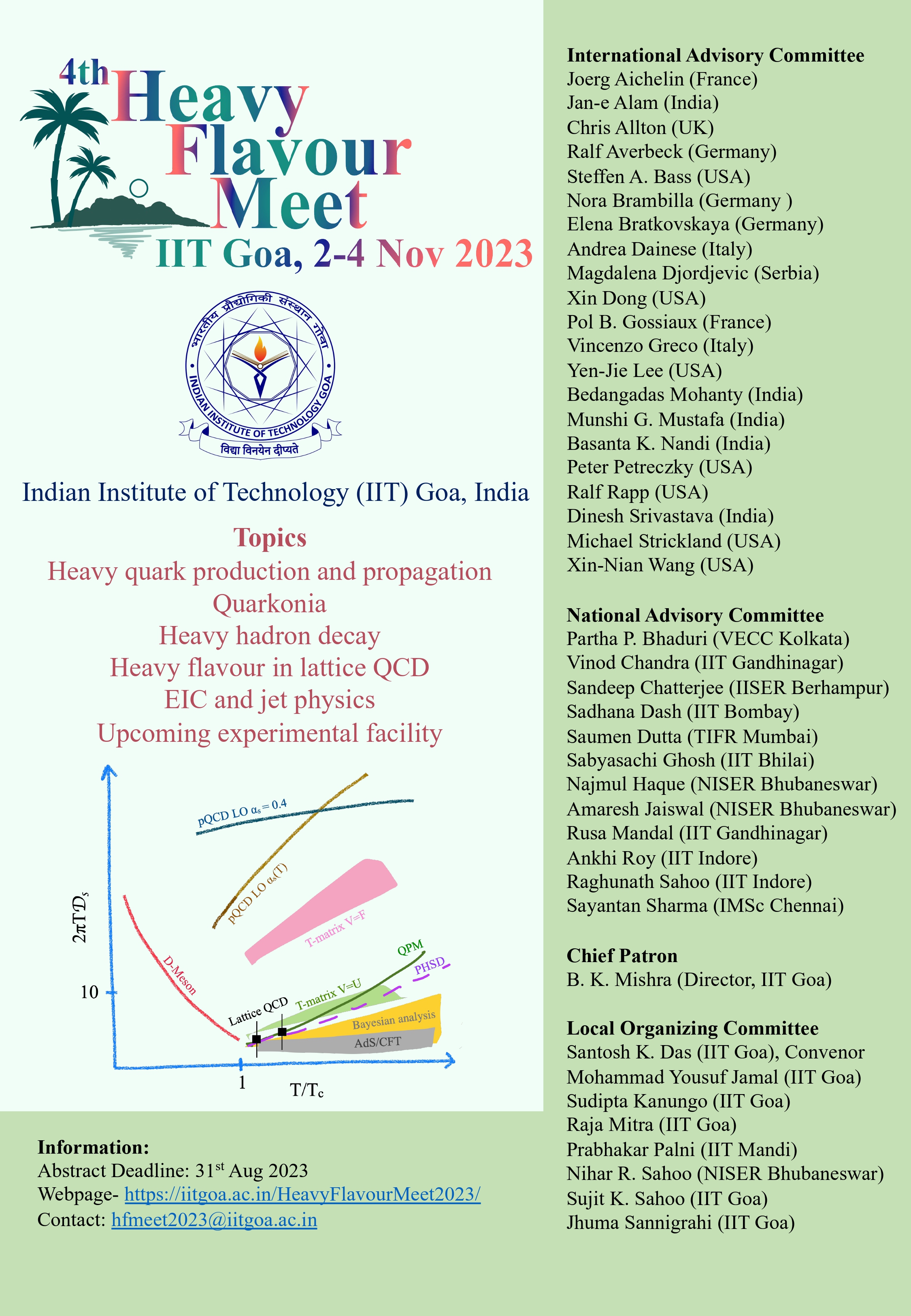
Ongoing high-energy collider experiments with heavy flavours as probes at the LHC, CERN, and RHIC, BNL, involving p-p, p(d)-A and A-A collisions reveal a wealth of information about the medium produced in nucleus-nucleus collisions. The fixed target high luminosity experiment CBM, coming up at the FAIR facility in GSI, will shed light on the aspects of baryon rich nuclear matter. By virtue of their large masses (M$_c\sim$1.5 GeV, M$_b\sim$5 GeV), heavy quark-antiquark pairs are produced at the very early stage of the high energy heavy-ion collisions with short formation time ($\Delta t$ > 1/2M). As a consequence, heavy quarks witness the entire space-time evolution of the system and can act as an effective probe of the created matter. Furthermore, the thermalization time of heavy quarks is delayed relative to the light partons of the bulk medium by a factor of order ∼M/T, which renders it comparable to the lifetime of the QGP fireballs. Thus, heavy flavour particles are not expected to fully thermalize and therefore preserve a memory of their interaction history, which can serve as a gauge of their interaction strength with the medium. Being a non-equilibrium probe and produced early, they can also act as an excellent probe of the initial stage of heavy-ion collisions, i.e., initial electromagnetic field, verticity, and pre-thermal phase.
The first Heavy Flavour meet was held at IIT Bombay in 2013. The second meet of this series was held at the Saha Institute of Nuclear Physics (SINP), Kolkata, in 2016, and more details can be found here. The third meet of this series was held at IIT Indore in 2019, and more details can be found here. The purpose of this “Heavy Flavour Meet” series is to bring together the leading experts comprising experimentalists and theoreticians in this field across the globe to stimulate discussion on recent experimental results, theoretical developments, and future directions in this field to benefit the young researchers working in this field.
Visit the Official site here
